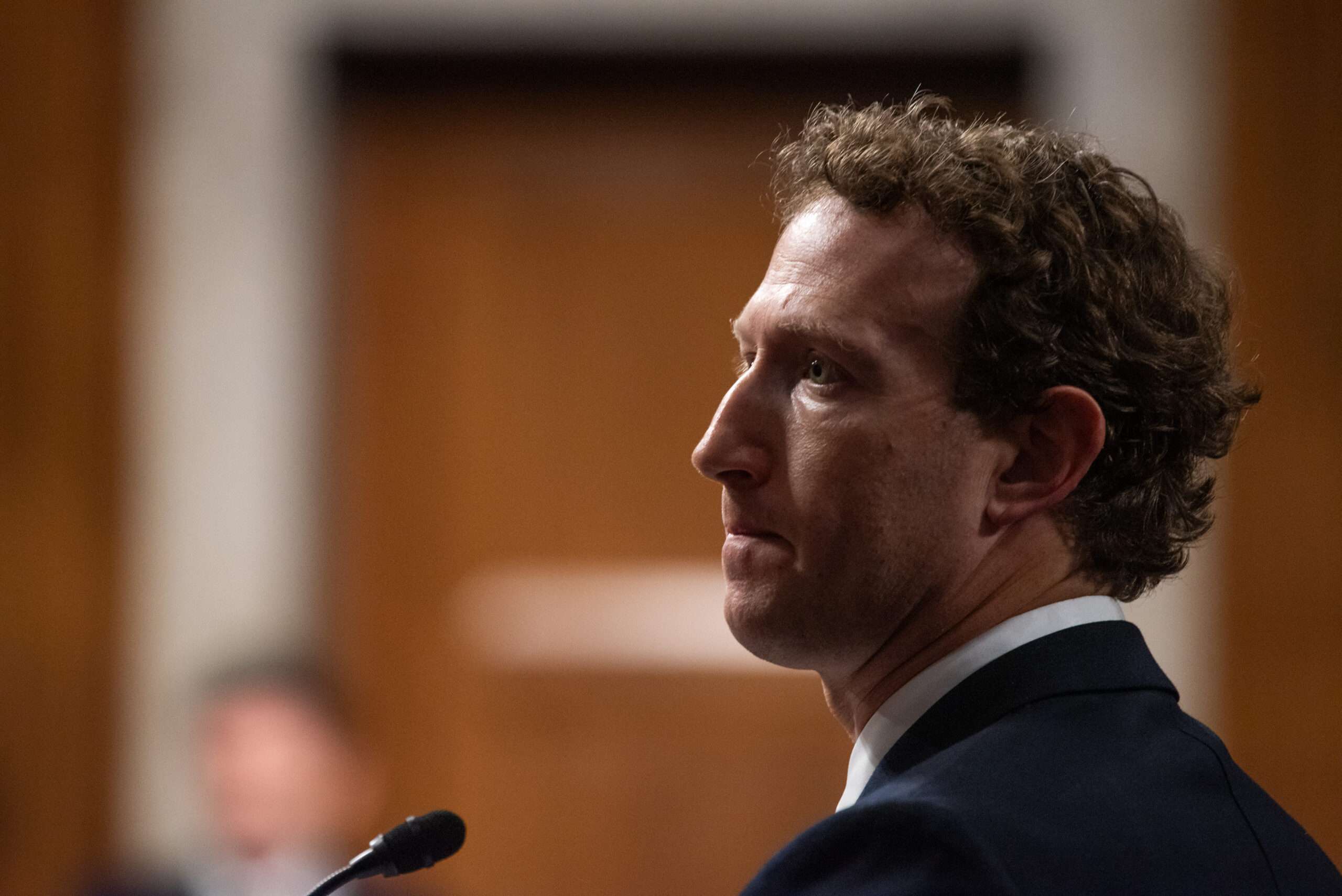The Meta CEO Mark Zuckerberg has publicly acknowledged that moderators at Facebook and Instagram faced significant pressure from the federal government to remove dissenting content related to COVID-19, elections, and the Hunter Biden laptop story from the New York Post. This pressure led to moderation decisions that Zuckerberg now regrets. In a letter to the House Judiciary Committee, Zuckerberg expressed regret for not being more vocal about the government’s influence and stated that they are prepared to push back if similar situations arise in the future.
While some welcome this development, not everyone is pleased with it. Venture capitalist Eric Weinstein suggested that Zuckerberg should compensate those affected by his company’s actions under his leadership.
Critics of Zuckerberg often overlook the challenges he faced in standing up to government pressure. Both President Joe Biden and some Republicans have threatened social media companies like Meta with punitive actions if they did not comply with their requests. The threats from both sides put companies like Meta in a difficult position, as they risked losing legal protections under Section 230 if they did not comply.
Section 230 is a crucial federal statute that shields social media companies from liability for user-generated content. Removing this protection could lead to more restrictive content moderation, which is why many Democrats support its elimination. The threats from the Biden administration and some Republicans posed a serious risk to social media platforms, prompting them to make decisions that they may now regret.
Despite the challenges faced by social media companies, some critics, like CNN, have framed Zuckerberg’s actions as a political gift to Republicans. This framing overlooks the larger issue of government pressure on social media platforms and suggests that exposing these pressures was the real problem.
In conclusion, the pressure faced by social media companies from both political parties highlights the complex challenges they face in navigating free speech issues while also complying with government demands. It is notable that CNN has not given much attention to this issue and instead chooses to criticize Zuckerberg for finally taking a stand.
We will be taking a one-week break, but I will return next week with Amber Duke. In the meantime, you can watch this segment of “Rising” where we discuss the arrest of Telegram CEO Pavel Durov, which is a concerning attack on free speech. This is why Section 230 is crucial, as it ensures that platform owners are not held liable for user-generated content.
I recently finished replaying “The Legend of Zelda: Ocarina of Time,” a game I have previously hailed as the greatest video game of all time. As I mentioned in Reason for the game’s 20th anniversary, the game takes a dark turn midway through, creating a haunting and immersive experience for players.
The game is now available on the Nintendo Switch’s virtual N64 console, providing a nostalgic and enjoyable experience for fans.
Source link





